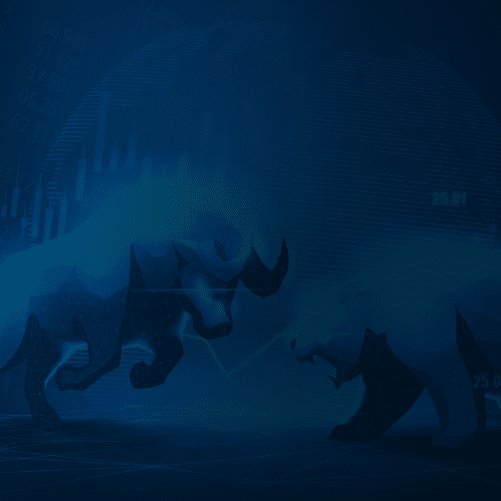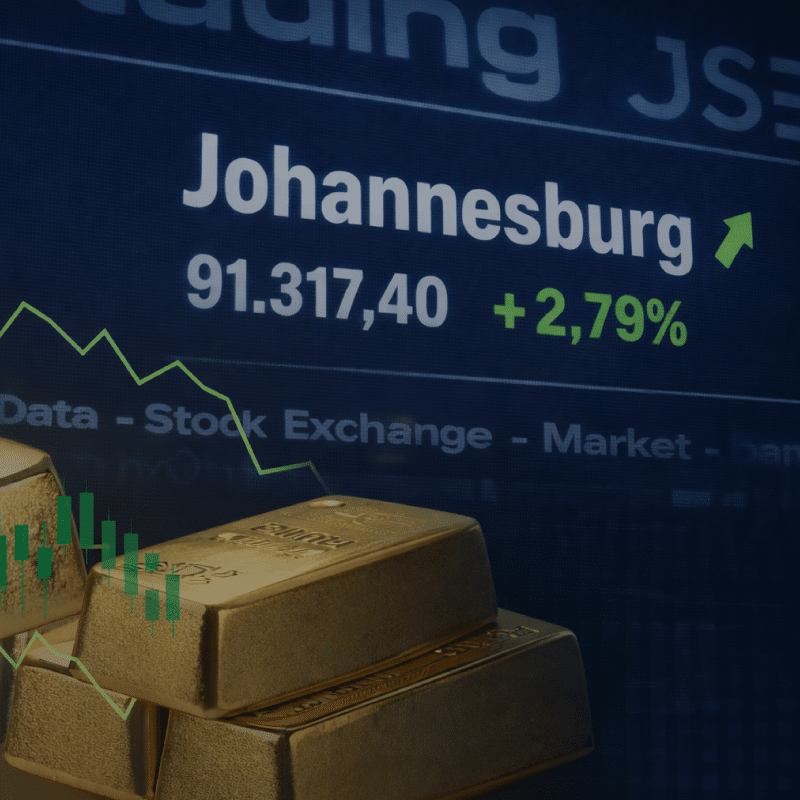Equity markets in South Africa ([SA] along with those in Brazil and India) were the only major global markets to deliver a positive return for 1Q22 (FTSE/JSE Capped SWIX +1.5% MoM, +6.7% 1Q22/YTD), with the local bourse continuing a string of six consecutive positive monthly returns dating back to October 2021. Mining shares have been a key driver of performance in 1Q22/YTD, as elevated commodity prices have supported earnings, but the sector delivered a mixed performance in March. Diversified miners were amongst the best-performing mining shares (+6% MoM), helped by a 12% MoM rally in the price of iron ore, which is now 25% higher for 1Q22/YTD. Gold shares (+3% MoM) followed the gold price marginally higher and Sasol’s share price was also up (+1.3% MoM) on stronger oil prices. Platinum miners were the biggest disappointment in March (-16% MoM), hampered by weak platinum group metal (PGM) prices (platinum -6% MoM, palladium -9% MoM, rhodium -1% MoM) on concerns around softness in global vehicle manufacturing, as supply chain disruptions continue to hound the auto industry. The share prices of platinum miners were also hurt by corporate earnings announcements which highlighted extremely poor operating performances in the sector.
JSE-listed shares exposed to the domestic economy were the key drivers of March’s local market performance, particularly the financial companies (banks +14% MoM, insurers +10.5% MoM) and clothing retailers (The Foschini Group +18% MoM, Woolworths +16% MoM). Naspers (-14% MoM) and Prosus (-15% MoM) continued their poor run of form (-33% and -39% for 1Q22/YTD, respectively) as the performance of their largest underlying investment (Chinese tech company, Tencent [-23% in 1Q22/YTD when measured in rand]) continued to be held back by poor sentiment towards Chinese investments, initially as a result of the recent regulatory crackdown on Chinese corporates and more recently related to prospects of China’s possible support of the Russian invasion of Ukraine. The pair’s performance appeared significantly worse mid-month (-23% MTD) before the Chinese government came out with a message pledging support for the beleaguered Chinese tech companies.
JSE-listed companies with predominantly foreign earnings were hampered by a strong local currency, with the rand strengthening meaningfully against the US dollar (+5.2% MoM). Anheuser Busch (-8% MoM) was also held back by surging raw material costs, while British American Tobacco (-7% MoM) announced that it was jettisoning its Russian business (c. 5% of earnings).
The South African Reserve Bank (SARB) delivered a much-anticipated 0.25% interest rate hike at its March meeting. This was its third consecutive hike of this tightening cycle, though the current repo rate (4.25%) remains 2% below the level set by the SARB going into the pandemic as February’s core inflation data (+3.5% YoY) remained well within the SARB’s 3%-6% target range. Headline inflation (+5.8% YoY), which includes the volatile food and energy categories, is closer to the top-end of the range and is expected to breach that level as the Ukraine conflict puts pressure on food and energy prices. SA 10-year government bond yields followed global yields higher, briefly touching 10.7% intra-month before settling just below 10% at month-end (0.1% higher for the month).




